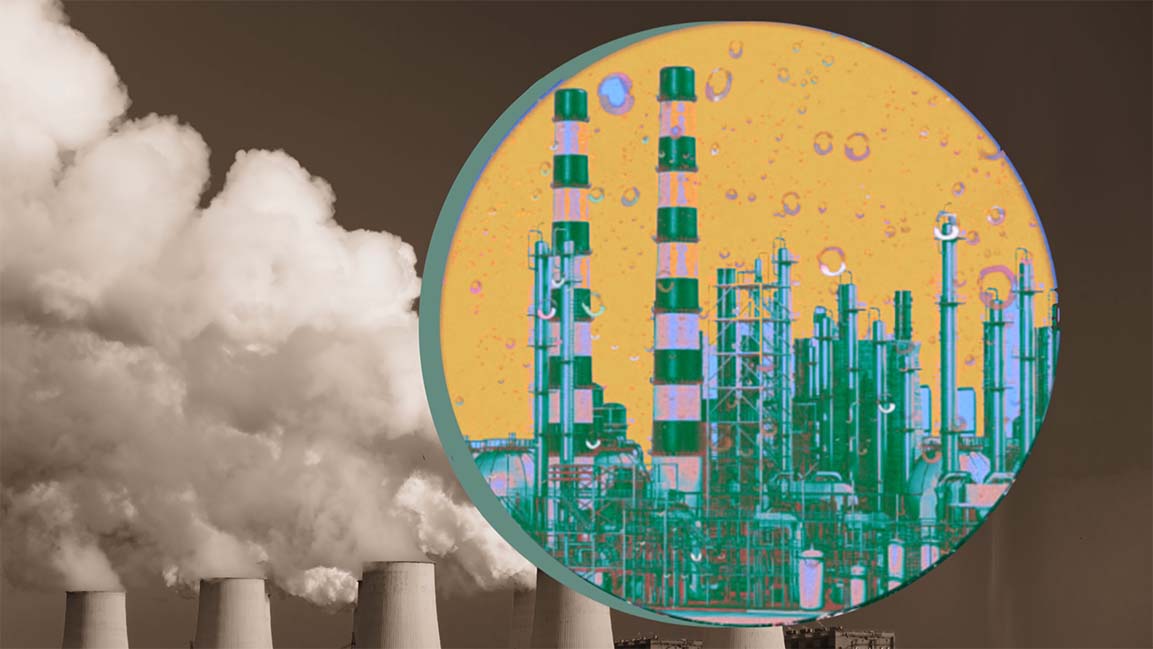- | 1:00 pm
DEWA’s TESTIAC project cuts 44,000 tonnes of CO2 emissions annually
The TESTIAC project was put into place to boost the energy generation capacity of gas turbines.

The Middle East has made great efforts to establish the region as a leader in sustainable development, green energy, carbon reduction, and the pursuit of long-term solutions to climate change.
In a recent development, more than 44,000 tonnes of carbon dioxide emissions per year, or the equivalent of growing two million trees, have been reduced, thanks to a program started by the Dubai Electricity and Water Authority.
Three gas turbines at the L-station of Dewa’s Jebel Ali Power and Desalination Complex performed better because of the thermal energy storage and turbine inlet air cooling (Testiac) project, which also helped to reduce the amount of natural gas used to generate power.
By employing chilled water to cool the input air to gas turbines during the summer’s high ambient temperatures, the TESTIAC project was implemented to boost the energy generation capacity of gas turbines. The procedure uses less energy than is produced due to the 111 MW increase in the combined capacity of three gas turbines to generate electricity.
This news comes in as Dubai continues to take steps to meet all of the Emirate’s energy needs through clean energy sources by the year 2050. It is developing clean energy projects, such as the Mohammed bin Rashid Al Maktoum Solar Park, the largest single-site solar park in the world at 5,000 megawatts.
As the use of clean fuel increases globally, the Emirate is also pursuing a green hydrogen strategy.
“We support the vision of His Highness Sheikh Mohammed bin Rashid Al Maktoum, Vice President and Prime Minister of the UAE and Ruler of Dubai, to make Dubai a smart and sustainable city and a global center for clean energy and green economy. We are committed to achieving a balance between development and the environment to protect the rights of future generations to live in a clean, healthy, and safe environment,” said HE Saeed Mohammed Al Tayer, MD & CEO of DEWA.
“This is in accordance with the UN Sustainable Development Goals (SDGs) 2030 and the Dubai Clean Energy Strategy 2050, and the Dubai Net Zero Carbon Emissions Strategy 2050 to provide 100% of Dubai’s total power capacity from clean energy sources by 2050,” added Al Tayer.































